News
‘Nigeria is Healing’ – Presidency Counters Hunger Claims, Faults Media Alarmism
The Presidency has dismissed reports that Nigerians are starving due to government policies, calling such claims exaggerated and misleading.
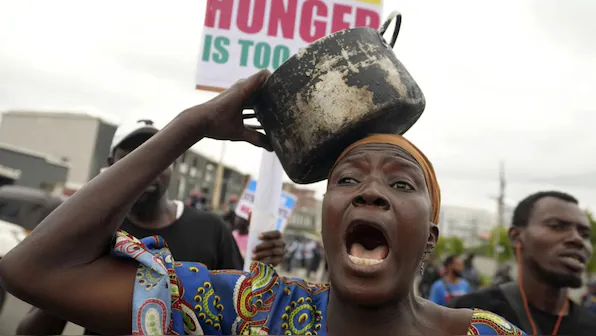
The Presidency has dismissed reports that Nigerians are starving due to government policies, calling such claims exaggerated and misleading.
The Presidency has pushed back strongly against a national daily’s claim that Nigerians are going hungry due to economic policies implemented by the Tinubu administration.
Responding on Thursday, the Special Adviser to the President on Media and Public Communications, Sunday Dare, described the claims as exaggerated and alarmist, cautioning that such narratives are capable of misleading the public.

The reaction follows an editorial by Daily Trust, which criticised the government for fostering what it described as widespread hardship, and labelled the naira as “worthless” amidst currency volatility.
Dare, however, rejected the editorial’s assertions, accusing the newspaper of ignoring the government’s concrete efforts to stabilise the economy and alleviate hardship. He emphasized that while criticism is welcome, it must be rooted in truth, context, and national responsibility—not sensationalism.
“The Tinubu administration respects the right of the media to hold government accountable. But that right comes with the duty to present facts fairly,” Dare said.
He argued that journalism should empower citizens with accurate information rather than stoke hopelessness through distortion.
The Presidency also addressed the claim that 33 million Nigerians, including 16 million children, are at risk of hunger, clarifying that this was a worst-case projection from the Cadre Harmonisé Food Security Analysis—an assessment jointly produced by the Federal Government, FAO, WFP, and UNICEF. Crucially, that projection was made under the assumption of no government intervention.
“In reality, the government has taken bold steps to prevent that projection from materialising,” Dare stated.

He outlined the administration’s interventions, including:
- Release of 42,000 metric tons of grains from the national reserve
- Procurement of an additional 117,000 metric tons
- Activation of the Presidential Food Security Council
- Emergency nutrition support in high-risk states such as Borno, Yobe, Adamawa, Sokoto, Bauchi, and Katsina
On the economy, the Presidency dismissed the portrayal of the naira as “worthless” as both misleading and inaccurate. It noted that the currency, which hit a low of N1,800/$1 in March 2024, has since strengthened to N1,525/$1 as of August 2025.
This recovery, the statement noted, was driven by market reforms, increased investor confidence, unified foreign exchange rates, improved oil revenue, enhanced diaspora remittances, and the clearing of over $4 billion in forex backlogs.
The administration also highlighted its ongoing social intervention efforts, which include:
DON’T MISS: Court Orders Forfeiture of Park View Estate Property Linked to N986m Diesel Fraud
- N75,000 each to 3 million vulnerable households through the Renewed Hope Conditional Cash Transfer
- Tuition fee support for 396,000 students via NELFUND
- Grants for over 250,000 MSMEs in 2025
- Continued feeding of 9.8 million pupils across 53,000 schools through the National Home-Grown School Feeding Programme, employing 200,000 local cooks
The statement further spotlighted the recently approved Renewed Hope Ward Development Programme (RHWDP), which aims to implement tailored grassroots development projects in all 8,809 wards across Nigeria. The initiative will focus on agriculture, rural infrastructure, electricity, job creation, and poverty reduction.
According to Dare, the RHWDP seeks to empower at least 1,000 active citizens per ward, boost local production, and fast-track Nigeria’s journey to a $1 trillion economy by 2030.
While acknowledging that economic challenges persist, the Presidency urged the media to uphold balance and national responsibility in its reporting.

“Nigeria is healing. The pain of reform is real, but so is the progress,” the statement concluded.
“Hope is not just a slogan—it is reflected in a strengthening naira, in students remaining in school, in families receiving support, and in farmers returning to their fields. This administration does not ask for silence; it asks for fairness and a shared commitment to rebuilding our nation.”



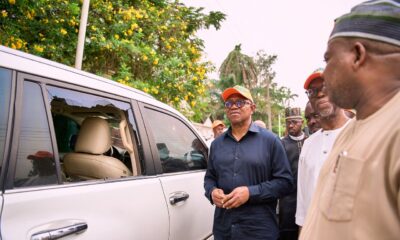









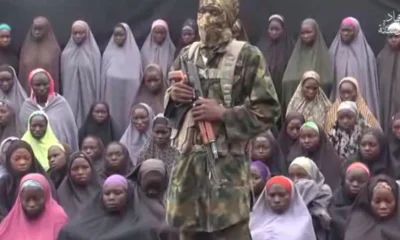

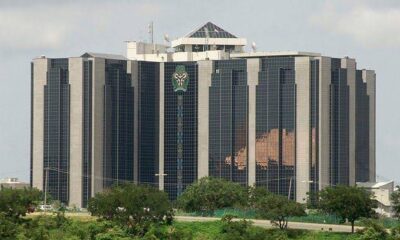





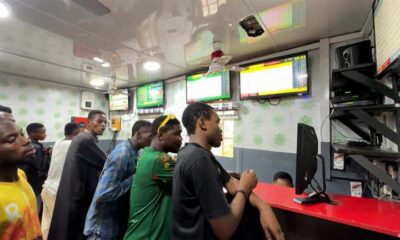

You must be logged in to post a comment Login